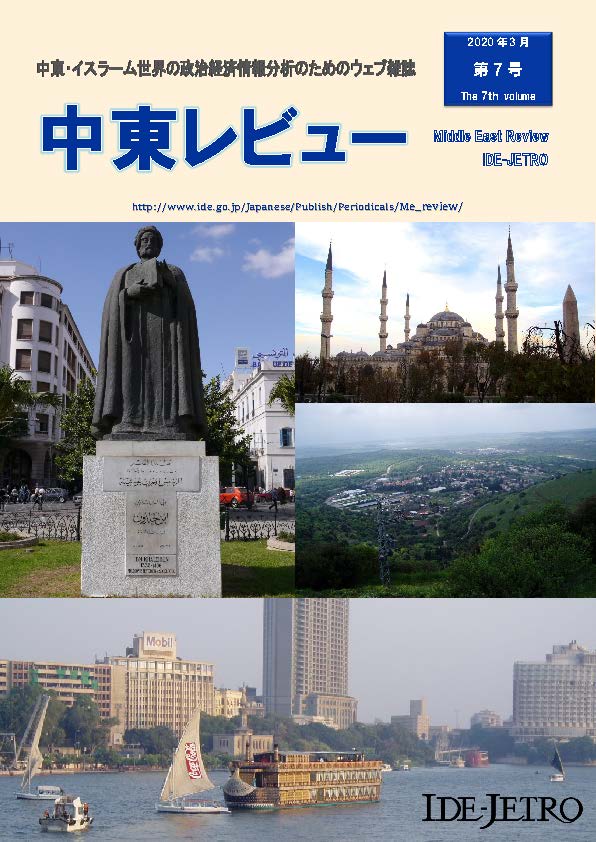Current issue
Displaying 1-13 of 13 articles from this issue
- |<
- <
- 1
- >
- >|
-
2020Volume 7 Pages 1-5
Published: 2020
Released on J-STAGE: March 27, 2020
Download PDF (522K) Full view HTML -
2020Volume 7 Pages 6-13
Published: 2020
Released on J-STAGE: March 27, 2020
Download PDF (694K) Full view HTML -
2020Volume 7 Pages 14-19
Published: 2020
Released on J-STAGE: March 27, 2020
Download PDF (572K) Full view HTML -
2020Volume 7 Pages 20-23
Published: 2020
Released on J-STAGE: March 27, 2020
Advance online publication: March 02, 2020Download PDF (422K) Full view HTML -
2020Volume 7 Pages 24-28
Published: 2020
Released on J-STAGE: March 27, 2020
Download PDF (510K) Full view HTML -
2020Volume 7 Pages 29-33
Published: 2020
Released on J-STAGE: March 27, 2020
Download PDF (441K) Full view HTML -
2020Volume 7 Pages 34-46
Published: 2020
Released on J-STAGE: March 27, 2020
Download PDF (654K) Full view HTML -
2020Volume 7 Pages 47-50
Published: 2020
Released on J-STAGE: March 27, 2020
Advance online publication: March 02, 2020Download PDF (419K) Full view HTML
-
2020Volume 7 Pages 51-64
Published: 2020
Released on J-STAGE: March 27, 2020
Advance online publication: July 24, 2019Download PDF (325K) Full view HTML -
2020Volume 7 Pages 65-79
Published: 2020
Released on J-STAGE: March 27, 2020
Advance online publication: March 02, 2020Download PDF (374K) Full view HTML -
2020Volume 7 Pages 80-97
Published: 2020
Released on J-STAGE: March 27, 2020
Advance online publication: September 21, 2019Download PDF (773K) Full view HTML -
2020Volume 7 Pages 98-114
Published: 2020
Released on J-STAGE: March 27, 2020
Advance online publication: July 30, 2019Download PDF (806K) Full view HTML -
2020Volume 7 Pages 115-137
Published: 2020
Released on J-STAGE: March 27, 2020
Download PDF (794K) Full view HTML
- |<
- <
- 1
- >
- >|
